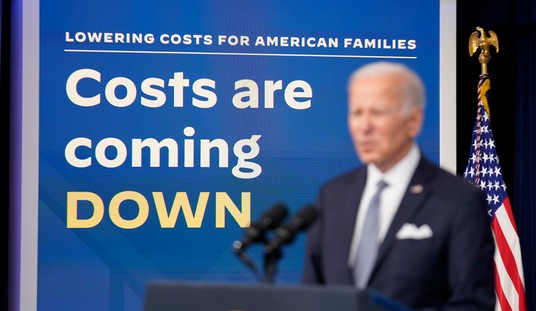The Allegheny Institute for Public Policy is reiterating its long-standing call for the state Legislature to repeal Pennsylvania’s Prevailing Wage Law.
“Many studies over the years involving many states have demonstrated the higher construction costs … that are caused by prevailing wage laws that require ‘prevailing wages and benefits’ be paid to employees on projects using government funds,” says Jake Haulk, president-emeritus of the Pittsburgh think tank.
The prevailing wage and other compensation are the union wage in most states.
But repeal has not been entertained in the Keystone State “because of the political power of the law’s supporters,” the Ph.D. economist says (in Policy Brief Vol. 21, No. 8).
Liberal and “progressive” groups push back against the evidence showing prevailing wages unnecessarily raise the cost of government-funded projects claiming such laws create offsetting benefits.
Among them is the contention that because most of the prevailing wage workers are union labor that have been through union training and apprenticeships, the workers are more skilled, make fewer errors and have a better safety record than non-union workers.
But the Manhattan Institute, among others, argues that prevailing wage laws increase compliance costs because of their myriad rules governing wage levels and payments.
Worse, research by scholars at George Mason University show “prevailing wage restrictions disproportionately hurt minority contractors.” It cites statistics showing that 98 percent of black and Hispanic contractors are non-union. Thus, union-favoring prevailing wage restrictions “hit these communities harder.”
And lest it be forgotten, a Heritage Foundation study found that the U.S. Labor Department calculates the federal prevailing wage law (the Davis-Bacon Act) using “unscientific methods.”
Recommended
Not only does Davis-Bacon employ unrepresentative and too-small sample sizes, wage rates often are determined using statewide rates based on surveys half of which are a decade old. The survey errors alone inflate federal construction costs by about 10 percent, Heritage concluded.
More recent research looking at the New York state experience concluded the average prevailing wage union premium in construction costs per square foot compared to open shop costs per square foot was roughly 30 percent higher. The study examined residential, office and industrial projects in five Empire State regions.
And while New York state’s historically higher costs (when compared with national costs) might skew the case against prevailing wages laws, national construction cost data that compare costs with states having prevailing wage laws to those that have right to work laws show the clear cost advantages taxpayers enjoy with the latter – even if they also have prevailing wage laws.
“Since 2002, when the Allegheny Institute (first) recommended that Pennsylvania repeal its 1961 law, six states have repealed their prevailing wage laws to join the 10 states that had already done so since 1979,” Haulk reminds.
Two other states’ (Oklahoma and Arizona) prevailing wage laws were invalidated by court decisions over the period. And note that even though Tennessee and Texas have prevailing wage laws, they are strong Right to Work states.
“The debate will undoubtedly rage on as its defenders in deep blue states are well entrenched and have the complete support of unions,” Haulk says.
But the bottom line must hinge on whether in the long run heavy government interference in the marketplace harms the economy and produces overly strong interest groups with outsized political influence that further stifles free markets and free enterprise and creates intended or unintended consequences and injustices.
“The evidence of that unfortunate outcome keeps piling up in the form of slower employment growth rates in many of the prevailing wage states,” Haulk concludes.
























Join the conversation as a VIP Member